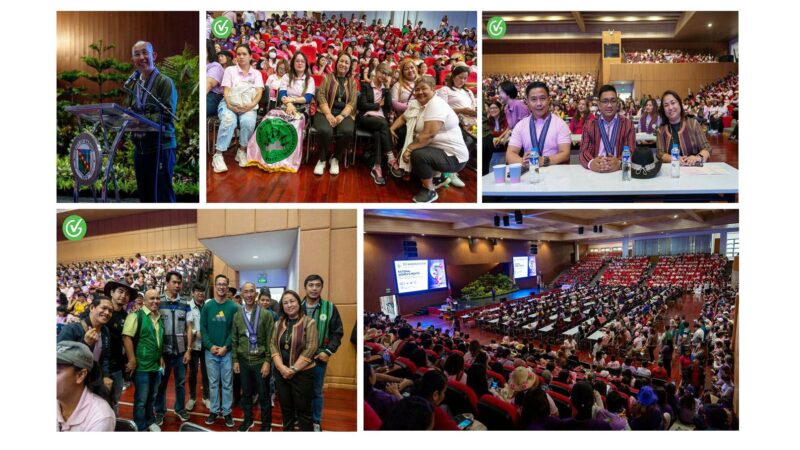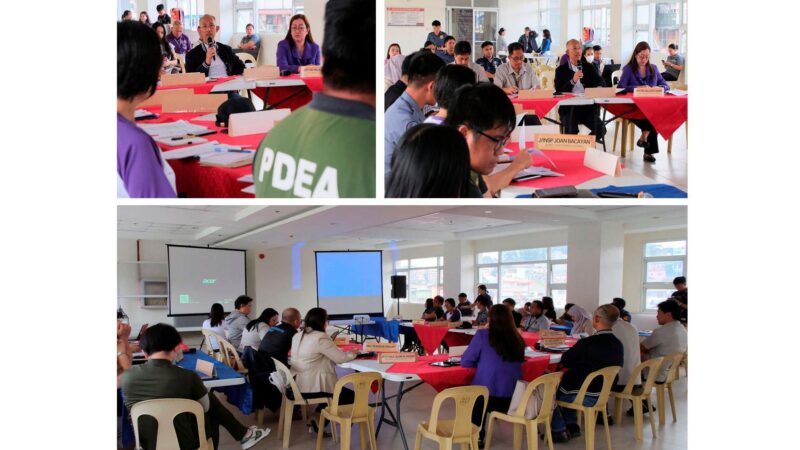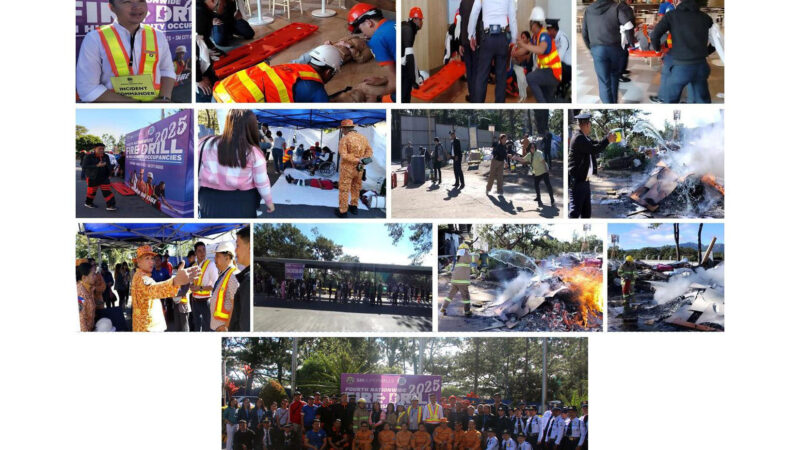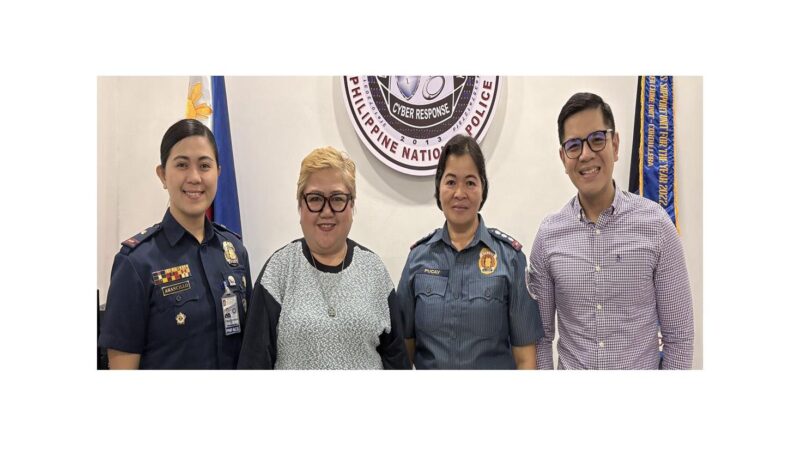Support of foster care program sought

The Regional Alternative Child Care Office–Cordillera Administrative Region (RACCO-CAR) is encouraging the public to support the government’s foster care program and provide awareness on the dynamics of children for foster care placement under the pertinent provisions of Republic Act (RA) 11642 or the Domestic Administrative Adoption and Alternative Child Care Act.
RACCO-CAR Social Welfare Officer 3 Jane Quizzagan claimed that the advantages of foster care include the foster child is temporarily provided with one-on-one care for a given period and that the child experiences a caring and nurturing family life provided by a licensed foster family on a temporary basis towards permanent placement.
She added that the types of placements under the foster care program include regular placement and direct entrustment or independent placement and kinship care.
The RACCO-CAR official stated that a child who is a victim of sexual, physical or any other form of abuse or exploitation, a child with special needs, a child whose family members are temporarily or permanently unable or unwilling to provide the child with adequate care and a child awaiting adoptive placement and who would have to be prepared for family life are qualified to be placed under foster care.
The Philippine Foster Care Program comprises foster parents and families who shall care for children with special needs; foster parents and families who care for children with mild to moderate special needs and foster parents and families who shall care for children ages 13 years old and above.
Children who are abandoned, surrendered, neglected, dependent or orphaned are qualified to be placed under foster care by licensed foster parents.
Quizzagan disclosed that the key features of foster care is temporary which is to prepare the child for permanent placement and increase the number of available foster families in every local government that will provide planned, temporary, substitute parental care to children in need of special protection and children with special needs.
She emphasized that the target beneficiaries of the program are local governments that are champion of child’s rights and functional Local Council for the Protection of children (LCPC); families with genuine interest in parenting a non-related child and willing to be trained and children referred and rescued by the local government and wards of child care centers.
Foster care is an alternative care arrangement where licensed foster parents provide a planned substitute parental care to a child while kinship care is an alternative care provided to a child by his or her relatives who are within the 4th degree of consanguinity or affinity, except the one surviving grandparents, oldest brother or sister or children’s actual custodian, over 21 years of age, who are mandated under the law to exercise substitute parental authority over the child in case of his or her biological parents death, absence or unsuitability.
Those qualified for kinship care are the child’s relatives within the third or fourth degree such as maternal or paternal aunt or uncle, maternal or paternal great-grandparents, maternal or paternal great-uncle or aunt and maternal cousins. Dexter A. See







